You’ve got to feel for Douglas Ross. Even if just a little.
The leader of the Scottish Conservatives has been under the cosh for several months, largely down to the party’s relationship with the UK Conservatives – and in particular their leader.
Even with a new PM in place, he doesn’t have his problems to seek.
There’s a rule in politics, that tends to be ignored, and it’s this: A senior politician should only really call for the resignation of an opponent if they think they’re going to get it.
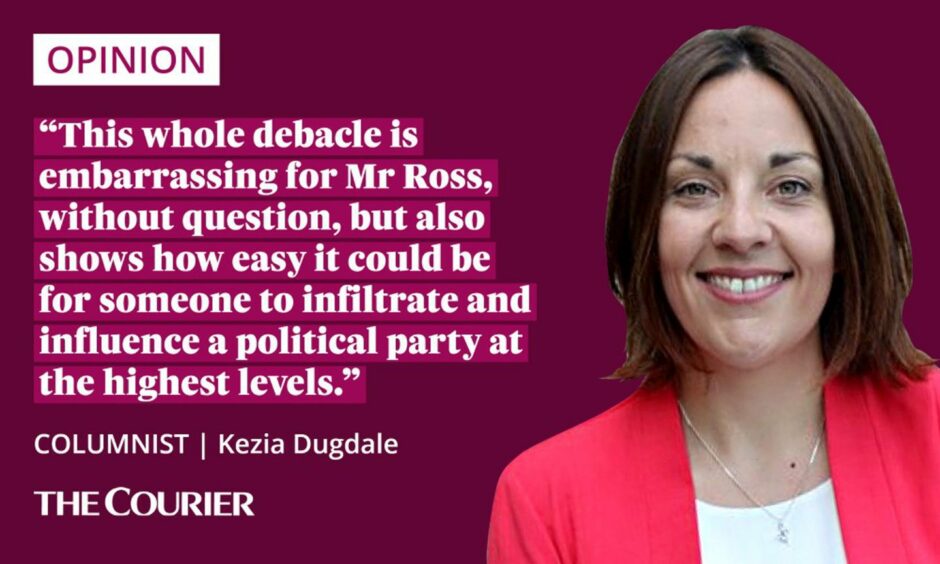
Timing, in that regard, is everything. If that opponent does resign, you look powerful and central to events.
If they don’t, you are in danger of looking weak and insignificant.
The best you can hope for is that you spend the rest of time with that person out of kilter, hoping that the public stance you took on an issue of principle was worth the gamble.
Worst of all worlds for Douglas Ross
When Douglas Ross called for Boris Johnson to go over partygate in January, all of these factors will have been praying on his mind.
When the then-PM stayed put, Mr Ross looked like he’d done the right and decent thing, even though it had caused irreparable damage to his relationship with his UK Party leader.
The mistake Mr Ross then made was to withdraw his letter to the 1922 committee calling for Mr Johnson to go, arguing that the war in the Ukraine meant this was no time to be changing prime minister.
This was the worst of all worlds. He lost his principled stance, he looked weak and he was still out of kilter with his boss.
Mr Ross must then have felt enormous relief when a second attempt to oust Boris Johnson from office succeeded.
Unfortunately for Mr Ross, though, he’s been beset by problems of his own since.
A prominent frontbencher resigned to spend more time on the backbenches with his family, another frontbencher left Parliament altogether for a new career.
A raft of senior aides have also resigned.
Now he’s been stung in a bit of recruitment scandal.
Ross red-faced after Craig Paterson blunder
Proudly press releasing yesterday that he had a new senior aide, Craig Paterson, who had once worked for Scottish Labour leader Jim Murphy, the Scottish Tories thought they’d got a positive news story on their hands – a chance to say more die hard Labour people were turning to the Tories.
The slight sticking point is that Jim Murphy quickly took to Twitter to say he’d never met the guy, and as a consequence, he’s now had his employment offer withdrawn.
This story caught my attention. I have never knowingly met this guy let alone employed him in any role, ever.
A bizarre fantasy from the Scottish Tories. pic.twitter.com/3vqPbwsXty
— Jim Murphy (@glasgowmurphy) September 20, 2022
I looked Mr Paterson up on Facebook this morning and realised that I had a Facebook friend request from him which I’d never accepted.
We apparently have 38 friends in common. Each and everyone one of them was Labour Party activist. It seems to have been remarkably easy to build himself a fake profile and set of relationships to draw upon in a job interview.
How many are faking ’til they make it?
Regardless of that level of deceit, it’s also absolutely frightening that Douglas Ross and the people around him got all the way through a recruitment process without checking any of this detail out.
When I was in Parliament, it would have been perfectly normal – and in fact expected – that a senior adviser to one party might have a casual chat with their equivalent in another and ask: “Craig Paterson – good egg or not?”
Either relations between parties are so poor now that that didn’t happen, or worse still, Mr Ross’s team were so focused on delivering a sting to Labour with this appointment they abandoned all due process, pointing to serious levels of immaturity in how they operate.
This whole debacle is embarrassing for Mr Ross, without question, but also shows how easy it could be for someone to infiltrate and influence a political party at the highest levels.
Whilst we can baulk at how far Mr Paterson got within the Tories before being found out, are we really sure it couldn’t happen anywhere else? Or it hasn’t already?
How many people working in Scottish politics faked it until they made it?
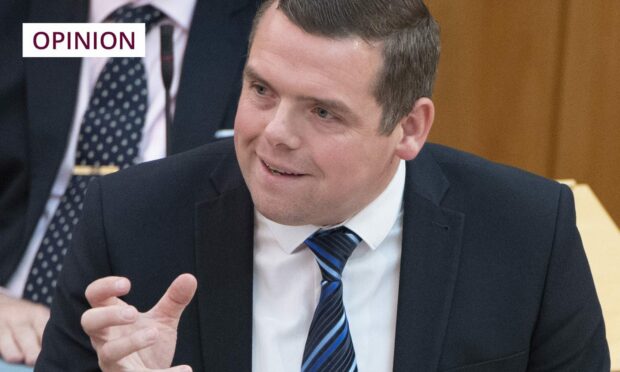




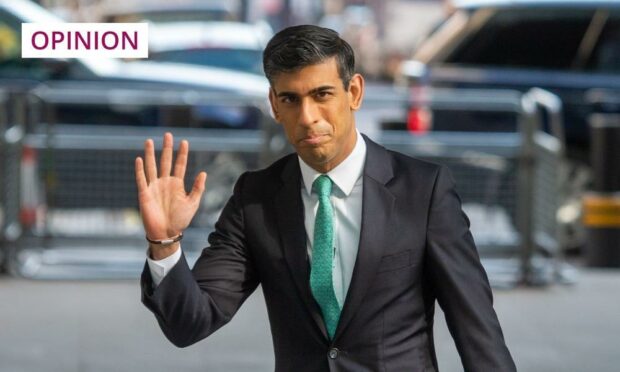

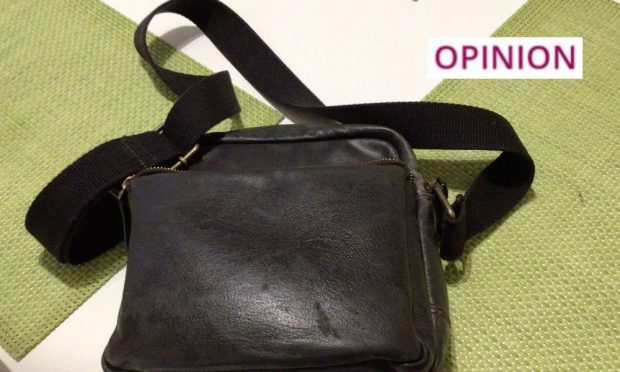
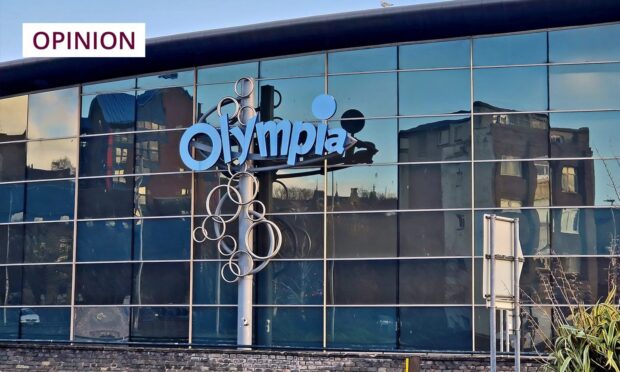
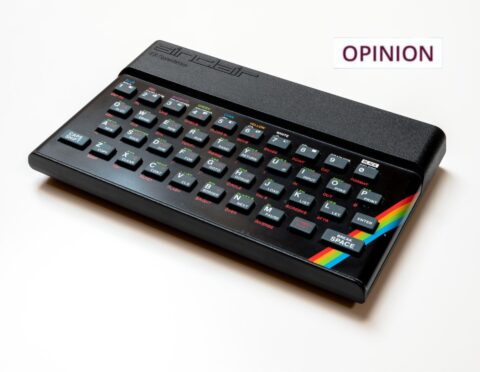

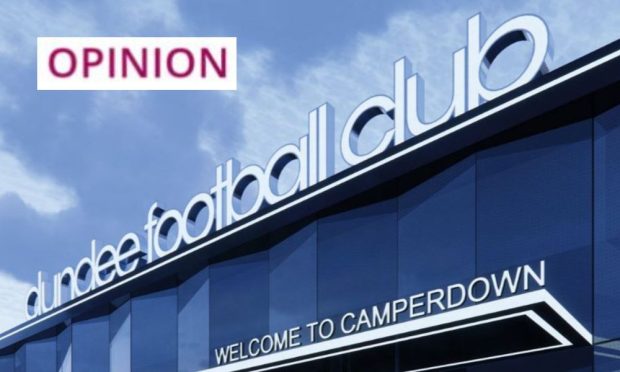

Conversation